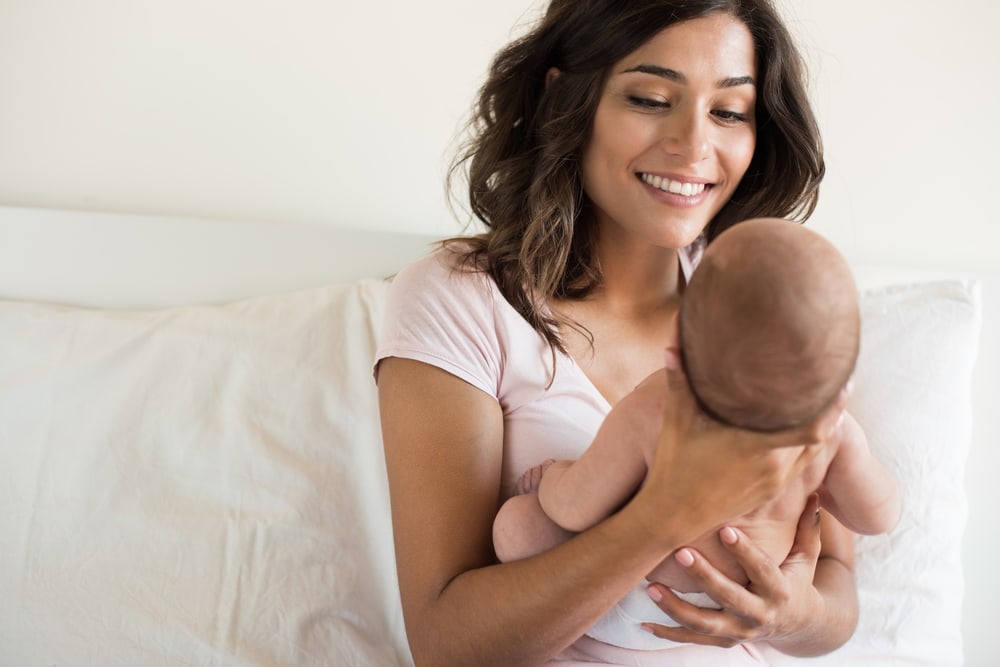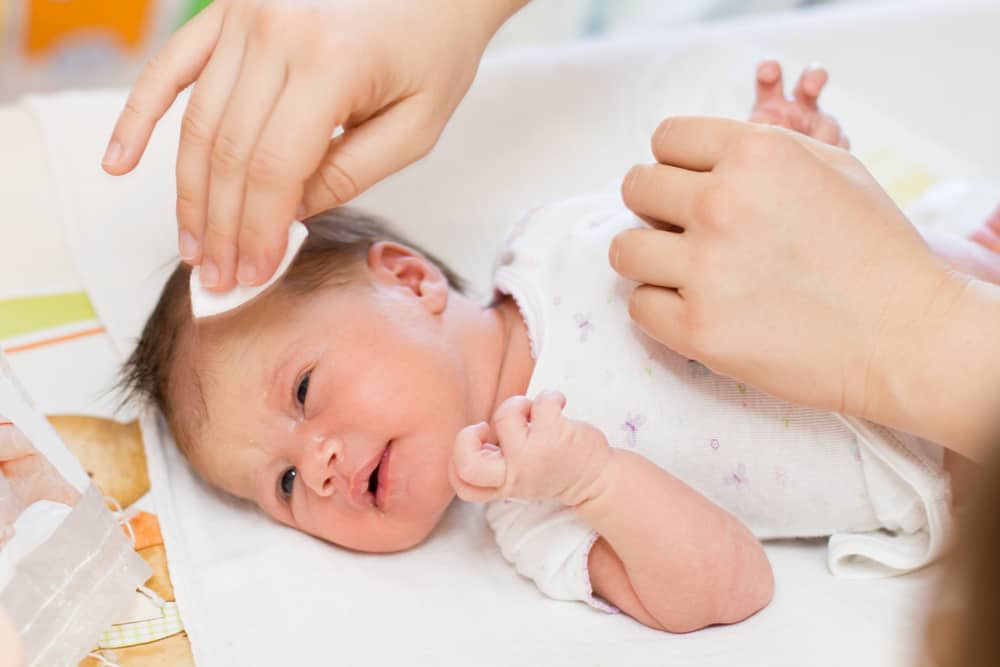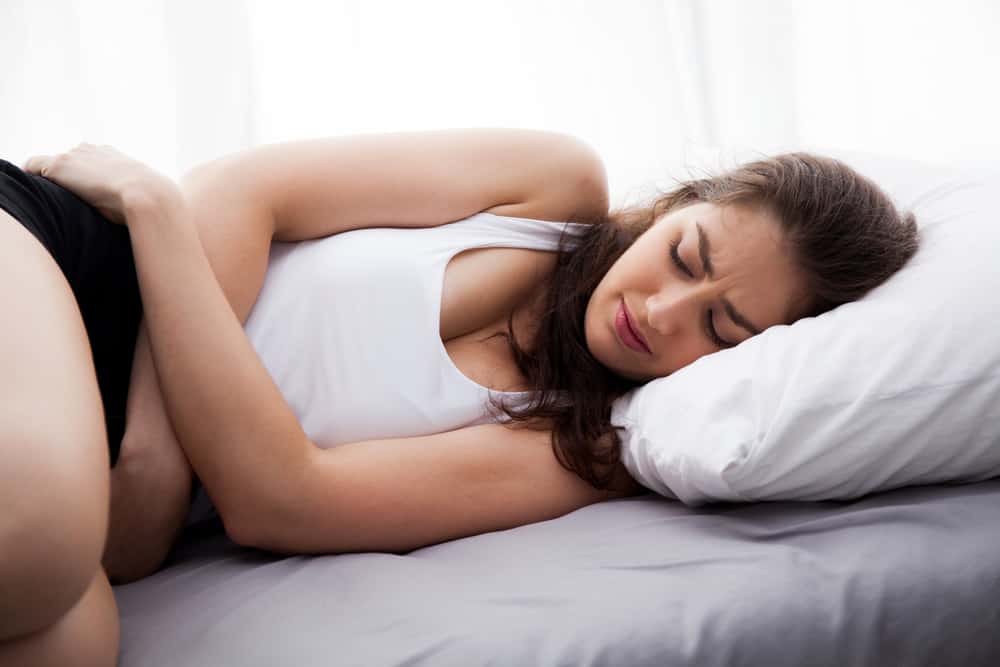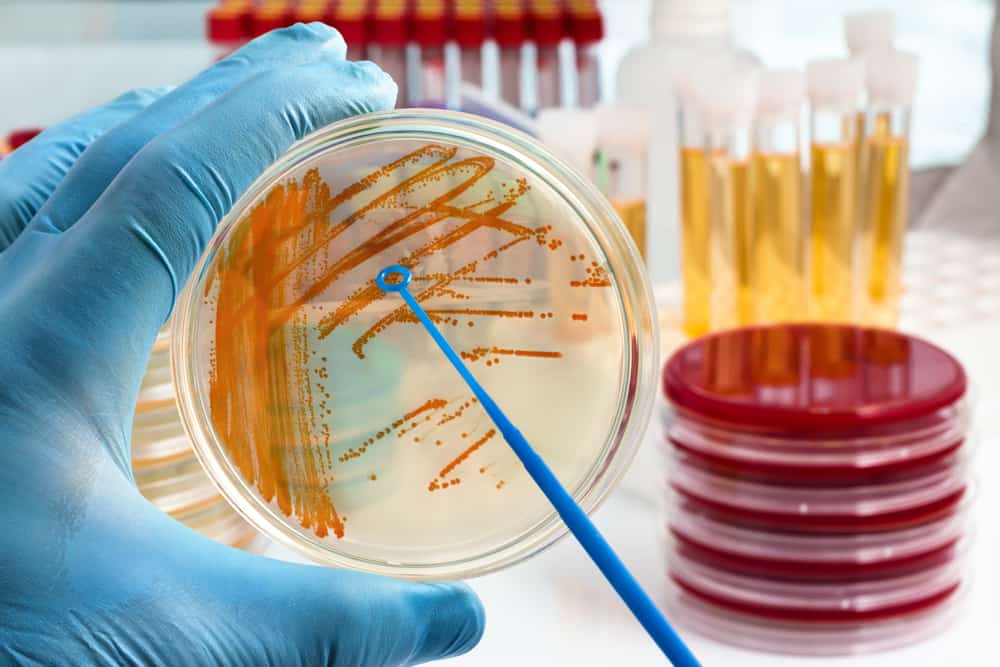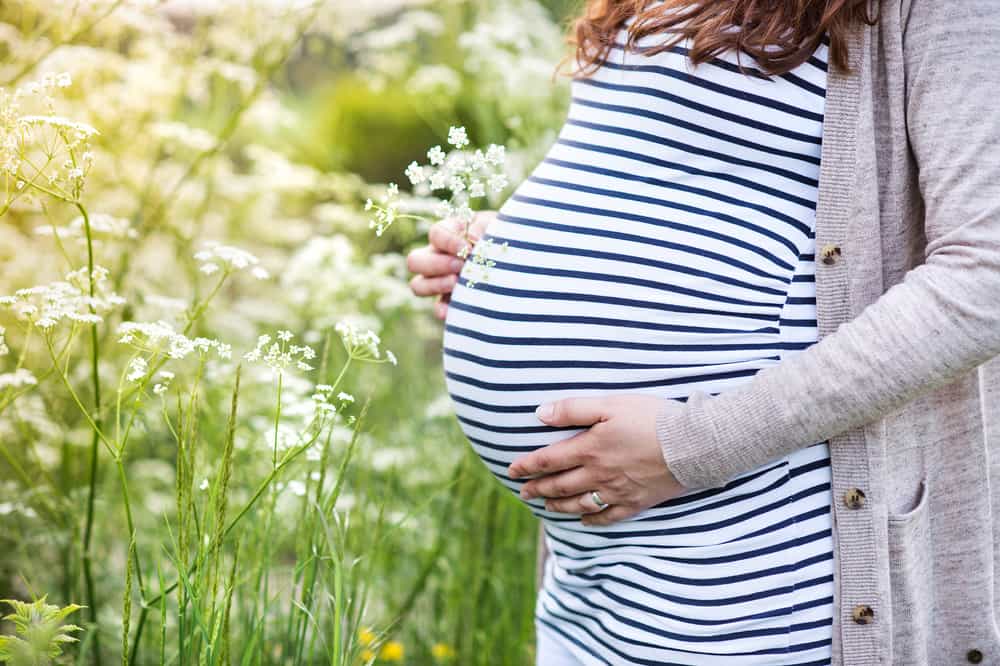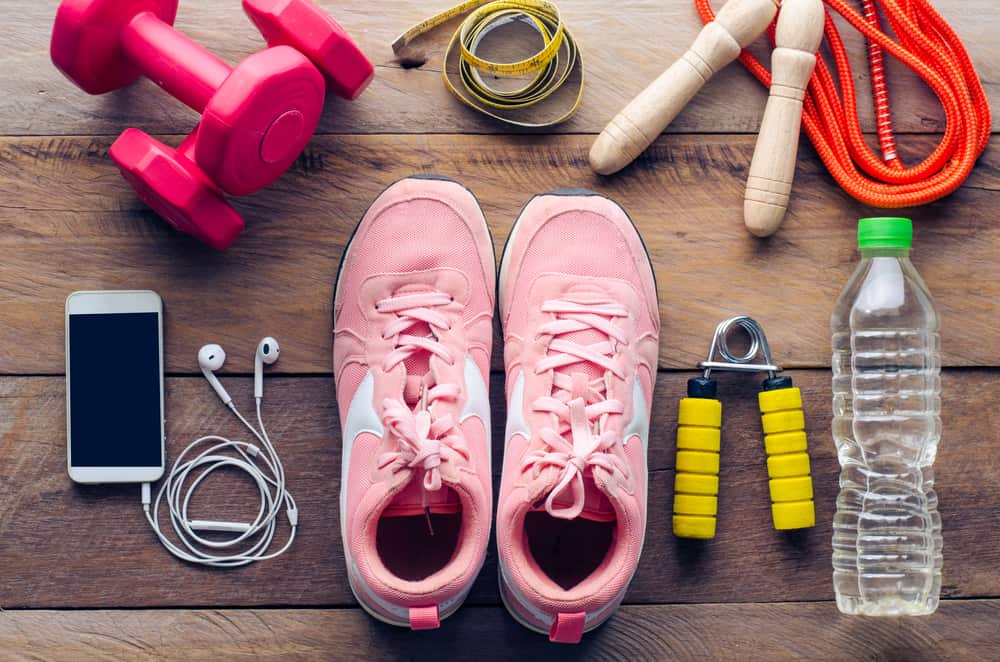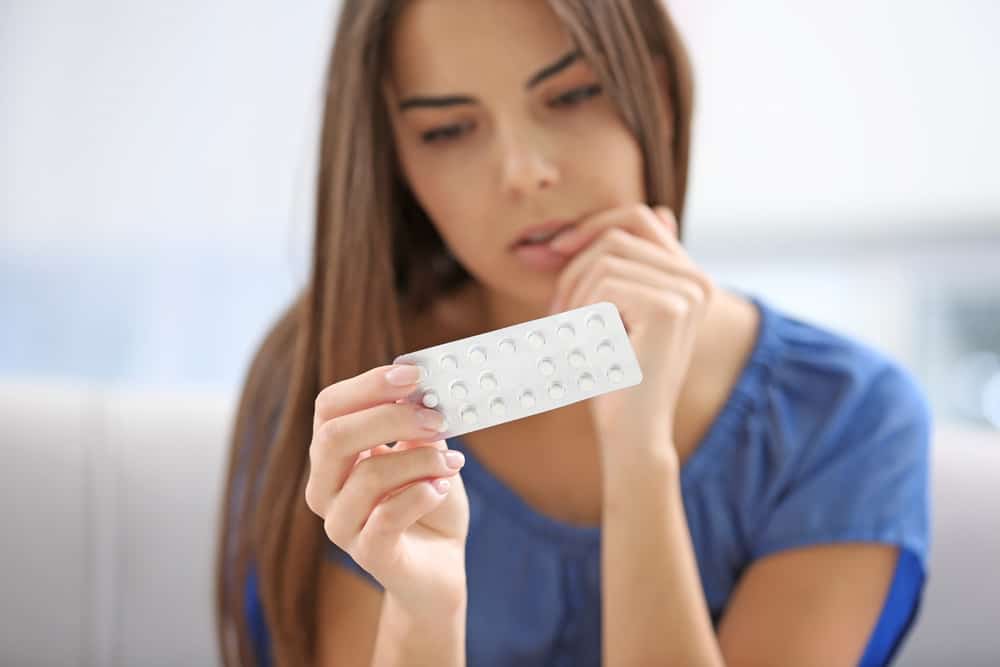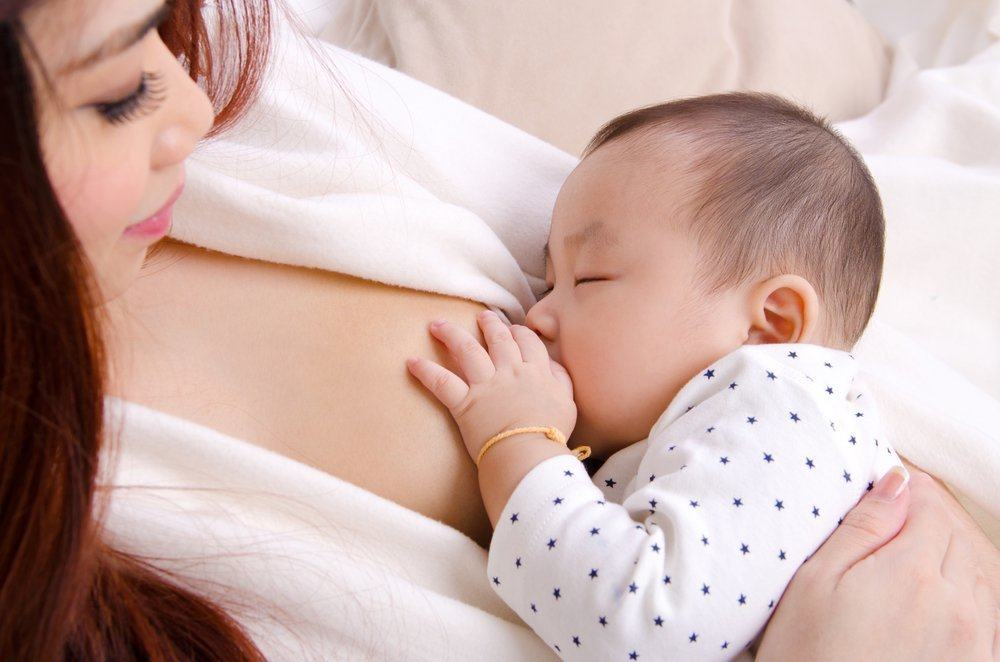Contents:
- Medical Video: THE TRUTH ABOUT POSTPARTUM INCONTINENCE + Tips To Help Regain Bladder Control | Ysis Lorenna ad
- Who is at risk for urinary incontinence after giving birth?
- What causes urinary incontinence?
- How do you deal with urinary incontinence?
Medical Video: THE TRUTH ABOUT POSTPARTUM INCONTINENCE + Tips To Help Regain Bladder Control | Ysis Lorenna ad
After giving birth, the mother's body does not recover quickly. Some problems you may experience after giving birth. One of them is urinary incontinence, where you cannot control the discharge of urine, especially when sneezing, coughing, laughing, jumping, lifting heavy objects, or other movements that put pressure on the bladder. This urinary incontinence often occurs in mothers after childbirth. However, is urinary incontinence after childbirth certain to occur in every mother?
Who is at risk for urinary incontinence after giving birth?
Not all mothers after childbirth must experience urinary incontinence. However, most mothers after giving birth experience it. Frequently, urinary incontinence occurs in mothers who give birth in a normal way than those who give birth by caesarean section.
Some studies show that mothers who give birth in a normal way who are assisted, especially using forceps, often experience problems urinating after giving birth. Other research also mentions that mothers who have a stage of encouragement that is prolonged during normal childbirth or has a large size baby are also more likely to experience urinary incontinence after giving birth.
In addition, some of the things that make it more possible for urinary incontinence after childbirth are:
- Obese pregnant women
- Pregnant women who smoke
- Mothers who have many children, especially if giving birth in a normal way
What causes urinary incontinence?
Urinary incontinence can occur because the muscles around the bladder and pelvis weaken during pregnancy and childbirth. As a result, urination is difficult to control when released or stopped. After giving birth, the size of the uterus that shrank in the early weeks after giving birth makes it difficult for the pelvic floor muscles to contain water in the bladder and keep the urethra closed. As a result, urine can leak and you cannot control it.
How do you deal with urinary incontinence?
Urinary incontinence may take place in varying times between mothers after childbirth. There are mothers who experience urinary incontinence in a short time and some are longer. This certainly creates inconvenience for you.
Some of the things you can do to treat urinary incontinence are:
- Do Kegel exercises regularly so that your pelvic floor muscles recover quickly and are strong again
- Use pads or diapers to help absorb the leaky urine and protect your pants from urine leakage
- Try to cross your legs and tighten your pelvic floor muscles when you want to sneeze, cough, or laugh
- Reduce consumption of caffeinated drinks, such as coffee, tea, and soft drinks, to help you reduce the frequency of urination
- Also reduce the consumption of oranges, tomatoes, and other high-acid foods because it can irritate your bladder and make urine difficult to control
- Avoid constipation after giving birth so as not to add pressure to your bladder

